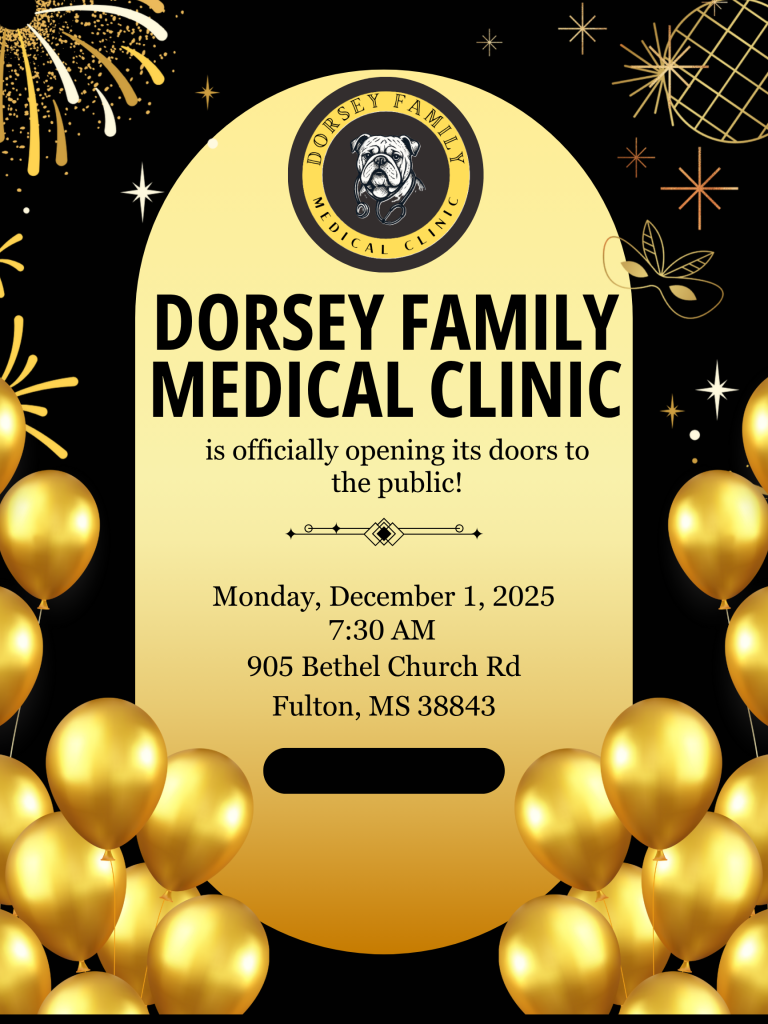
When it comes to tick-borne illnesses, Lyme disease is usually the first to come to mind. But today we’re shedding light on a lesser-known tick-borne illness known as Alpha-gal Allergy.
What is Alpha-gal Allergy?
Alpha-gal is a sugar molecule found in most mammals. It is not found in fish, reptiles, birds, or humans. Alpha-gal allergy also known as alpha-gal syndrome, or AGS, is commonly called a red meat allergy or a tick bite meat allergy. AGS is a serious, potentially deadly allergic reaction. Contrary to popular belief, infections do not cause AGS. The symptoms present after someone with the allergy consumes red meat or been exposed to other products containing alpha-gal.
The most common symptoms of AGS include:
- Hives or itchy rash
- Severe stomach pain
- Nausea or vomiting
- Heartburn or indigestion
- Diarrhea
- Cough or shortness of breath
- Drop in blood pressure
- Dizziness or faintness
- Swelling of the lips, throat, tongue, or eyelids.
Allergy symptoms vary from person to person and symptoms typically appear within two to six hours after eating red meat. Reactions can range from mild to severe and even life-threatening. However, some people with AGS will not experience a reaction after every exposure to alpha-gal.
Alpha-gal and Tick Bites
More and more evidence suggests a bite from the lone star tick found in the United States triggers alpha-gal allergy. However, much research is still needed to determine if other US-found ticks could carry the allergy. Other tick species in other countries carry AGS.
What Should I Do if I Think I Have AGS from a Tick Bite?
The first step to take is to schedule an appointment with your healthcare provider. They will perform a physical exam and a blood test to look for specific antibodies to alpha-gal. If you receive a positive diagnosis, your healthcare provider will work with you to treat and manage your condition. Your provider may refer you to an allergy specialist for further care if your case is severe.
Your provider will also work with you to learn what foods and products contain alpha-gal so you know what to avoid. Take steps to prevent further tick bites as they can reactivate an allergic reaction to alpha-gal. If you have pets, make sure they are on a flea and tick preventative. Deep clean your carpet and floors and wash your bedding and clothes and dry them in your dryer so the heat will help kill any bugs that may have survived the wash.
If you need to see your Mantachie Rural Health Care provider about a possible tick bite, click here to request an appointment today.



Speak Your Mind